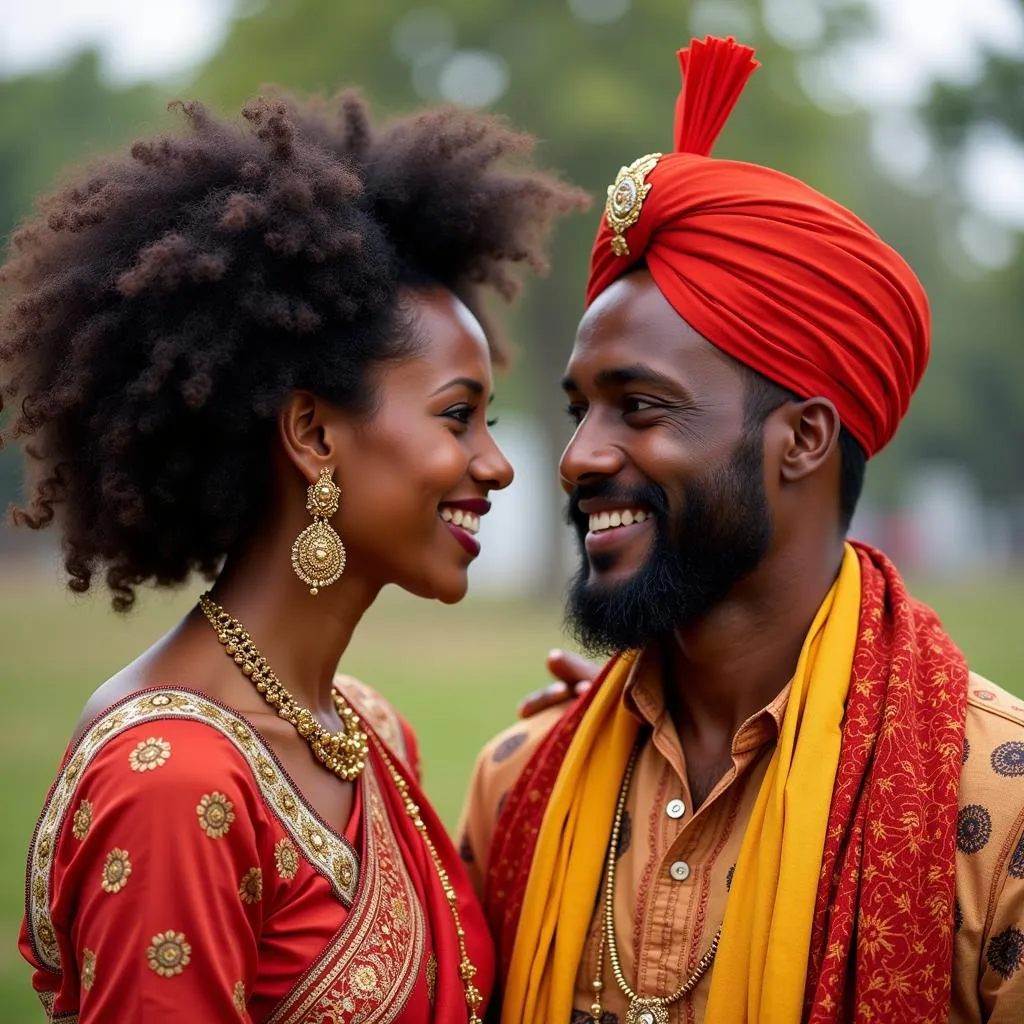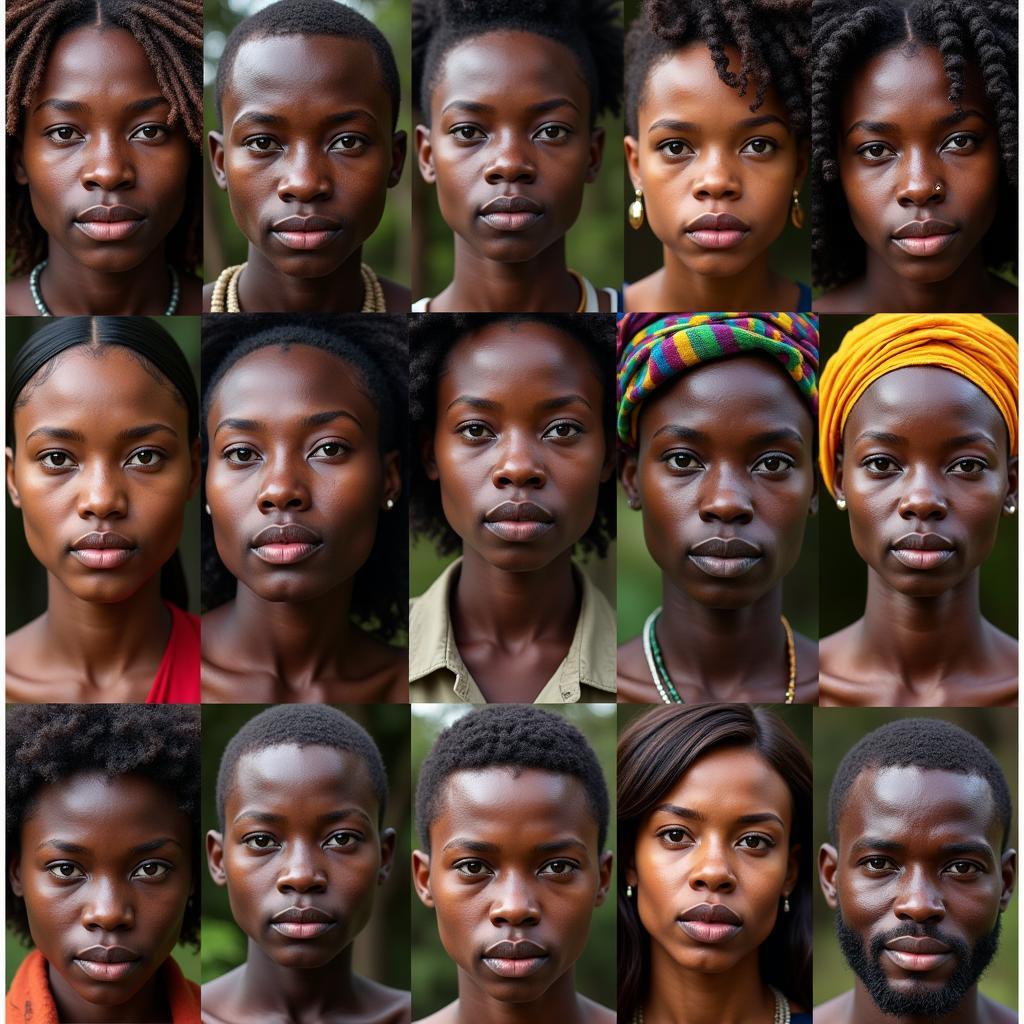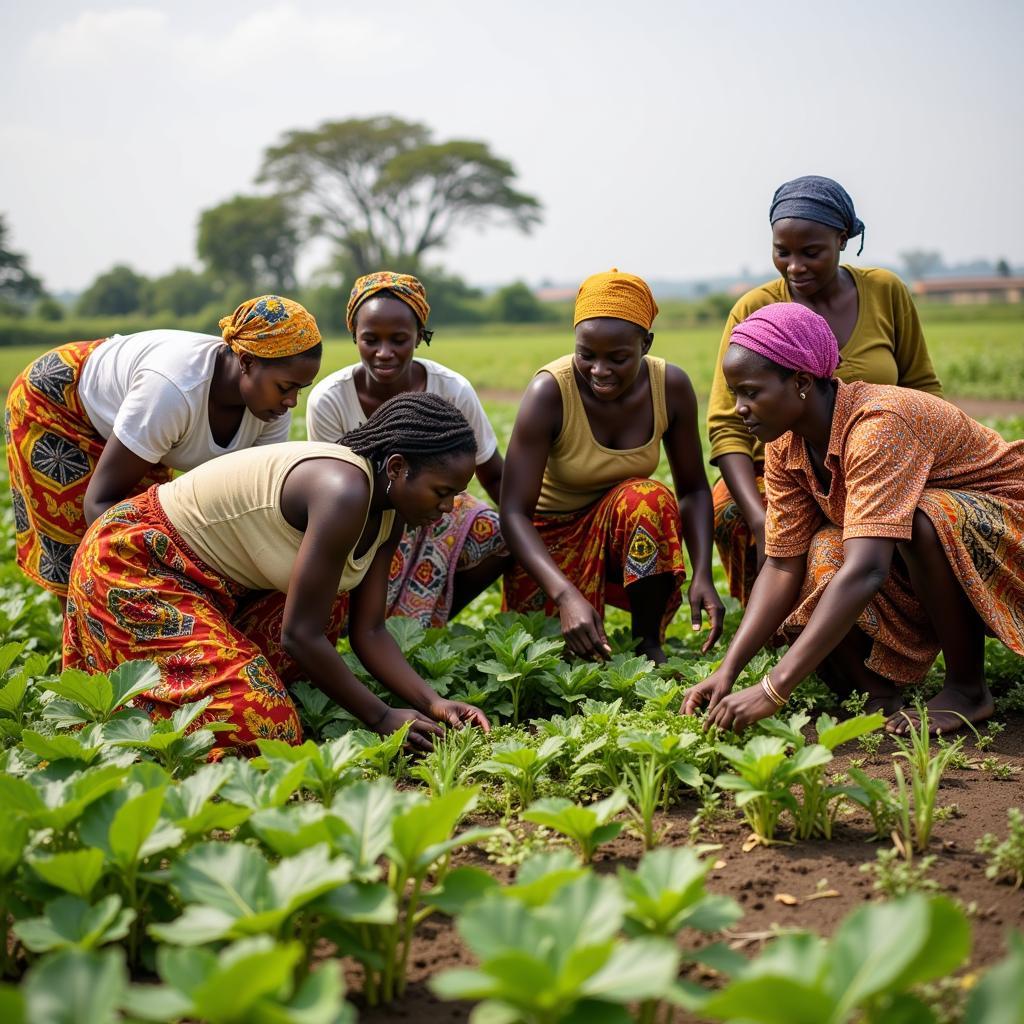African Diaspora vs Caribbean Diaspora: Understanding the Differences and Connections
The terms “African diaspora” and “Caribbean diaspora” often arise together, leading to questions about their relationship. While interconnected, these two diasporas possess distinct histories, cultures, and experiences that shape their identities. This article delves into the nuances of each diaspora, exploring their similarities, differences, and the complex interplay between them.
Unpacking the Term “Diaspora”
Before dissecting the specificities of the African and Caribbean diasporas, it’s crucial to understand what “diaspora” signifies. It refers to the dispersion of a population from its original homeland to various parts of the world. This dispersal can be voluntary or involuntary, driven by factors like trade, migration, or displacement due to conflict or enslavement. The concept of diaspora encompasses not only geographical displacement but also the cultural, social, and emotional connections maintained with the homeland.
The African Diaspora: A Vast and Varied Tapestry
The African diaspora represents the global dispersion of people of African descent. Its roots lie in the transatlantic slave trade, which forcibly displaced millions of Africans to the Americas, Europe, and other regions. This forced migration created a complex and often traumatic legacy, shaping the cultural landscape of numerous countries. However, the African diaspora also includes voluntary migrations throughout history, adding further layers to its rich tapestry. Understanding the vastness and diversity within the African diaspora is key to appreciating its impact on the world.
The Caribbean Diaspora: A Crucible of Cultures
The Caribbean diaspora is intrinsically linked to the African diaspora, yet it possesses its own unique characteristics. Born from the crucible of colonialism and the transatlantic slave trade, the Caribbean islands became a melting pot of African, European, and Indigenous cultures. This fusion gave rise to distinct identities, languages, music, and traditions. The Caribbean diaspora encompasses the movement of people from the Caribbean islands to other parts of the world, particularly North America and Europe, driven by factors like economic opportunity and political instability.
African Diaspora vs Caribbean Diaspora: Key Distinctions
While both diasporas share the common thread of forced displacement from Africa, they diverge in significant ways. The Caribbean diaspora, shaped by its specific island contexts, developed unique creole languages and cultural expressions. The experience of enslaved Africans in the Caribbean differed from those in North America or South America, leading to distinct cultural adaptations and survival strategies. Furthermore, the Caribbean diaspora’s interaction with European colonialism and Indigenous populations added further layers of complexity to its identity.
Intertwined Narratives: Exploring the Connections
Despite their differences, the African and Caribbean diasporas remain deeply interconnected. The shared experience of forced migration and the legacy of slavery created a bond of kinship and shared struggle. Cultural exchange and cross-pollination between the two diasporas continue to enrich both communities. Understanding these connections provides a more nuanced perspective on the complexities of identity and cultural heritage.
How Colonization Shaped Both Diasporas
Colonization played a pivotal role in shaping both the African and Caribbean diasporas. The transatlantic slave trade, driven by European colonial powers, was the catalyst for the forced migration of millions of Africans. The exploitative systems of colonialism left lasting impacts on both diasporas, contributing to social inequalities and the struggle for self-determination.
The Impact of the Transatlantic Slave Trade
The transatlantic slave trade was a horrific chapter in human history, leaving an indelible mark on both the African and Caribbean diasporas. The forced displacement of millions of Africans created generations of trauma and dispossession. Understanding the brutality and scale of this historical event is essential to comprehending the complexities of both diasporas.
Conclusion: Celebrating Shared Heritage and Distinct Identities
The African diaspora and the Caribbean diaspora represent distinct yet interconnected narratives of resilience, survival, and cultural adaptation. Understanding their similarities and differences allows us to appreciate the rich tapestry of human experience. By exploring these narratives, we can celebrate the shared heritage and unique contributions of both diasporas to the global community. This exploration fosters greater understanding and appreciation for the diverse cultures that shape our world.
FAQ
- What is the main difference between the African and Caribbean diasporas?
- How did colonialism impact both diasporas?
- What are some examples of cultural exchange between the two diasporas?
- How does the concept of diaspora relate to identity?
- What are some resources for learning more about these diasporas?
- How has the transatlantic slave trade shaped the Caribbean diaspora?
- What are some key cultural expressions unique to the Caribbean diaspora?
Need assistance? Contact us 24/7: Phone: +255768904061, Email: kaka.mag@gmail.com, or visit us at Mbarali DC Mawindi, Kangaga, Tanzania. Our customer service team is always ready to help.



